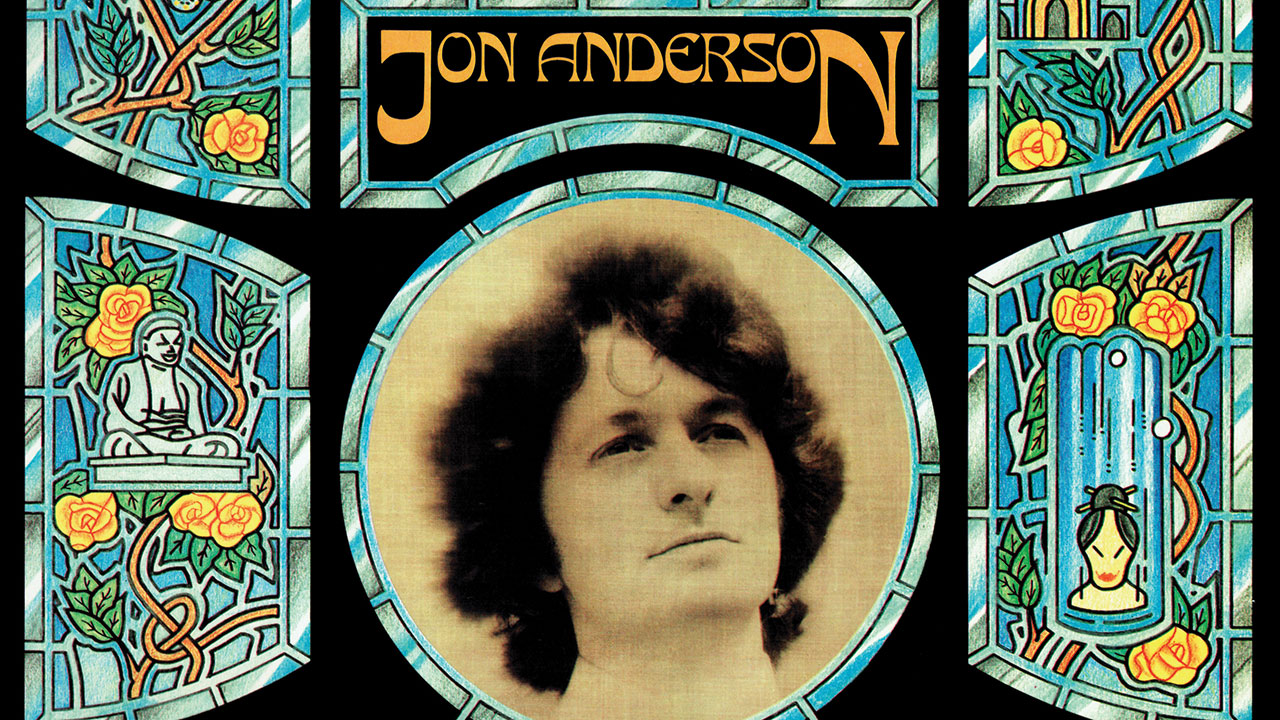The happy children’s voices at the beginning of the title track capture the spirit of Prog cover star, Jon Anderson as well as anything else on his second solo album. Few artists express innocence and joy as consistently as he does, and this 1980 work swims in those qualities like dolphins in water. While that title song, the finale, is 11 minutes-plus, much of Song Of Seven consists of uncharacteristically short, compact numbers. Not all of them hit the spot – Anderson tries a couple of R&B or celtic folk angles which belly-flop somewhat – but those which do are so rich with his inner ecstasies that they practically bounce, as if on springs. Whatever it is that allows Anderson to untiringly see the beauty in everything, we could all benefit from a helping of it.
Much of this album was recorded at his home studio, but he pulled in an impressive ensemble, named The New Life Band, including Jack Bruce on bass, Clem Clempson on guitar, John Giblin on fretless bass and Johnny Dankworth and Dick Morrissey on saxes. While Anderson’s credited as producer, he’s been quick to praise the contributors, who weren’t the kind to need a blackboard to know how to elevate a song. Some of these numbers were rebuilds of demos not used on Yes’ Tormato album. Readers might think a track considered not good enough for Tormato wasn’t exactly laden with promise, but Anderson and his new pals, in the main, made them sing and shine.
Although he’d swerved away from Virgin Records’ strange idea to make him a pop star (hey, they managed it with Phil Collins), Anderson nonetheless gave Atlantic an accessible, on-and-off “poppy” record. For You For Me and Some Are Born are a cheerful, vibrant welcoming committee. Heart Of The Matter plods a tad, but Everybody Loves You has swing and pizzazz underpinning Jon’s astral projections. He’s relatively more in touch with reality than he is conventionally, but apart from one or two slumps the album still lifts its feet and sees walking on comets as a perfectly reasonable mode in which to start the day. It’s less ambitious than his solo debut Olias Of Sunhillow, of course, but as projects recorded while Yes tripped over themselves trying to find a path without you go, it locates an easy blend of lofty and leisurely.
Soon after the release of this album, Anderson was to enjoy genuine chart success with Vangelis and arc into Animation before owning the microphone for Yes again. However, by then Song Of Seven had gently made its mark with its upbeat exultations. Put simply, it embraces, as he sings, ‘the strength of dreaming.’

